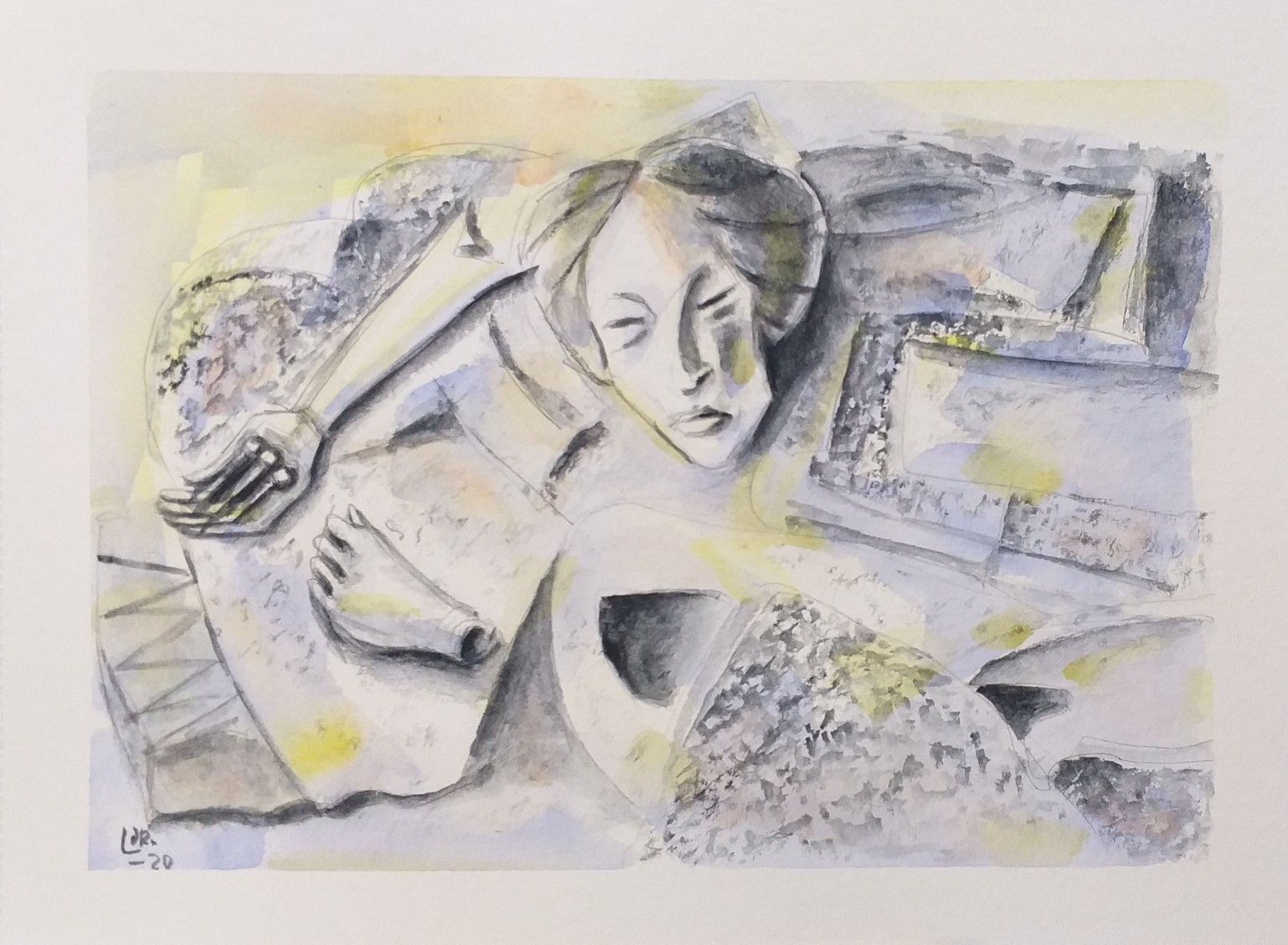Ruptura e desconstrução do discurso colonial no romance de Manuel dos Santos Lima
Abstract
To what extent does Manuel dos Santos Lima manage to challenge colonialism in a colonial context? This is what we intend to gauge from the comparative confrontation of two novels distant in a decade, but produced in the context of colonization: The seeds of freedom, published in 1965 and The tears and the wind, published in 1975, novels by Manuel dos Santos Lima, an Angolan writer who was part of the nationalist generation of the 50s and 60s of the 20th century, having been the founder and first Commander in Chief of the armed wing of the MPLA. However, dissatisfied with the positions of Agostinho Neto, he became a dissident of the Party, following the same path as Viriato da Cruz, Mário Pinto de Andrade and Eduardo Macedo do Santos. Through theoretical excerpts from the concepts of post-colonialism, resistance, vilanization and ideologies of racial and cultural domination, based on Homi Bhabha (1998), (Mafalda Leite, 2003), (Cristina Vieira, 2008) Anabela Silveira (2016), among others, this article intends to analyze the extent to which the challenge to portuguese colonialism, which is always an intrinsically controversial and ideological issue, is similar or distinct in the two novels and also to understand what discursive strategies the author appropriates to deconstruct the alleged legitimizing discourse of that oppressive regim







